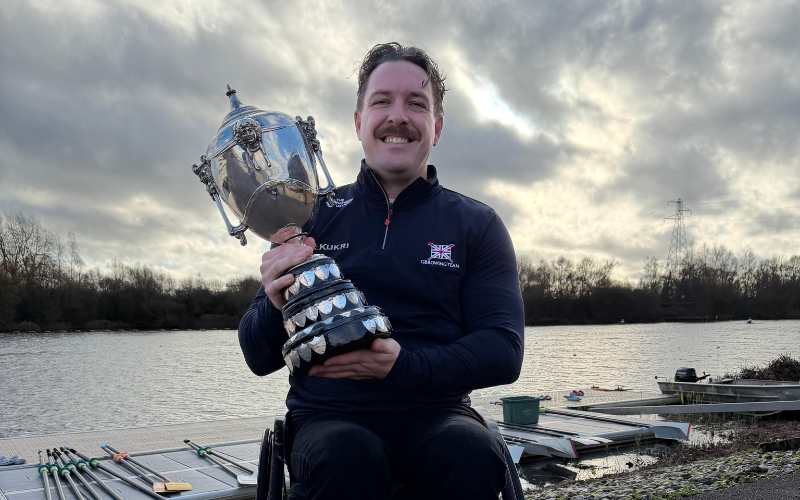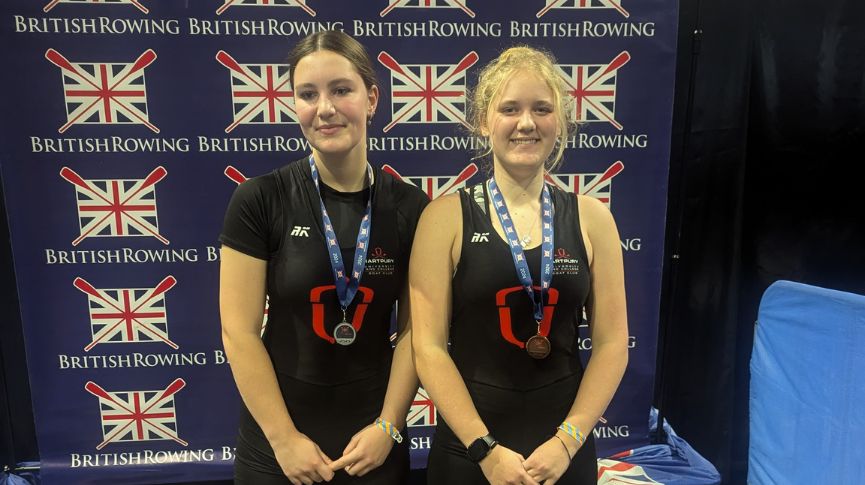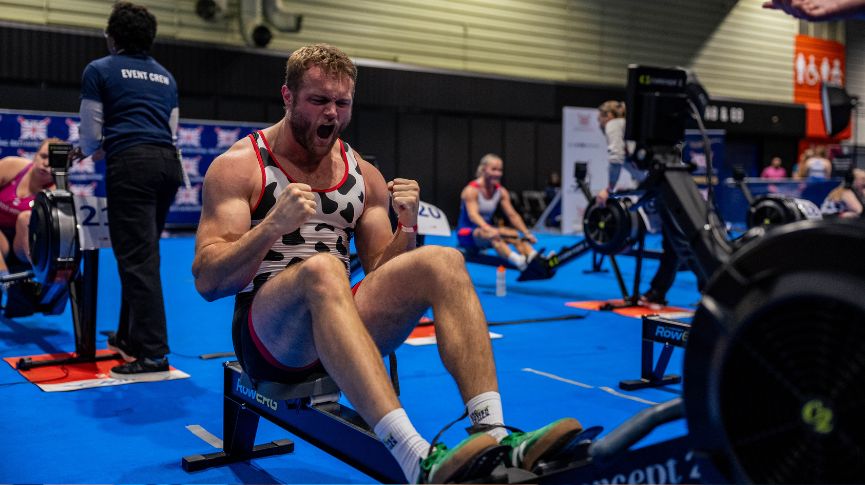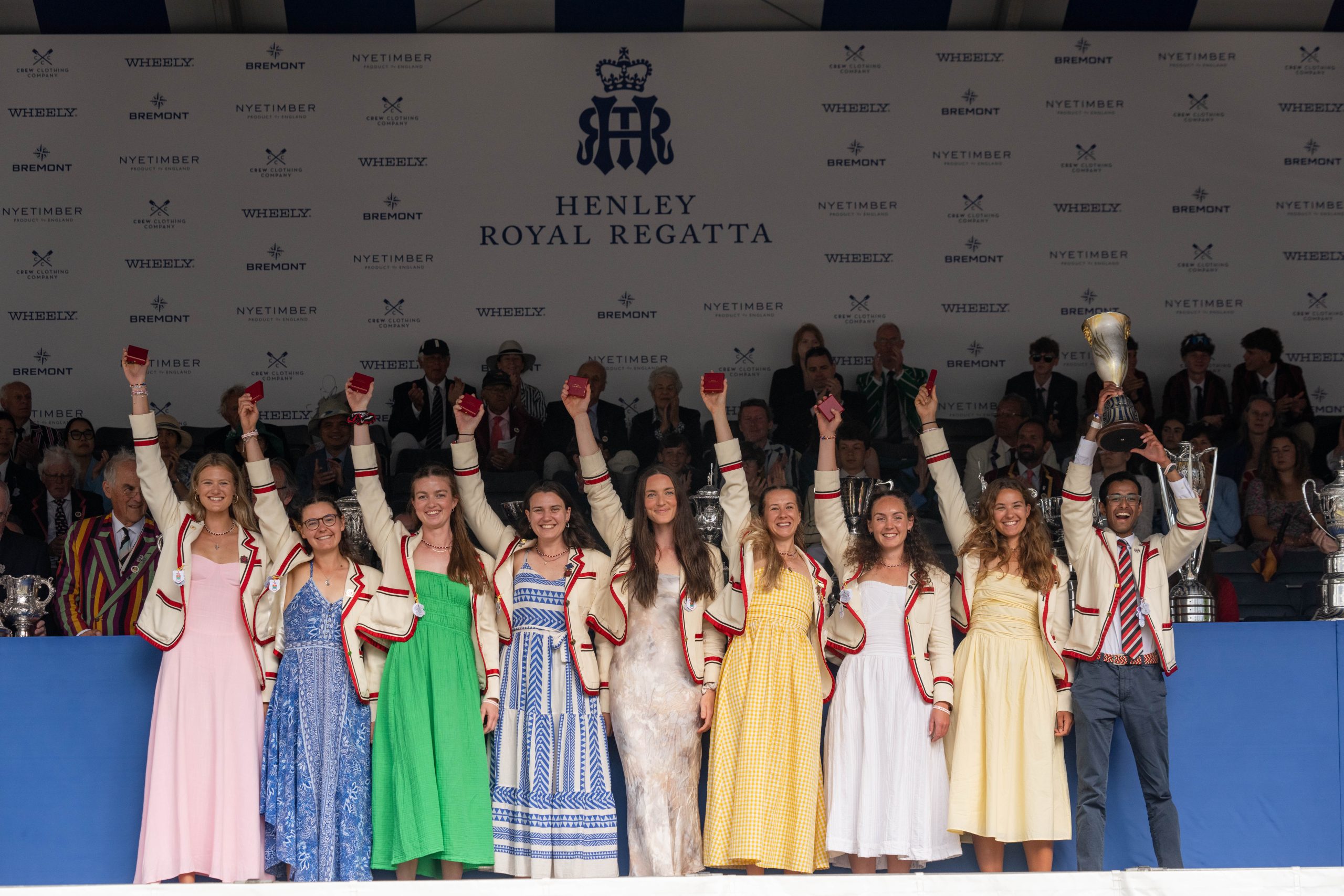Medical student rowers work on the Covid-19 frontline
Tideway Scullers School rower Kate Jayne-Coupe is one of many medical students working on the frontline to help fight Covid-19
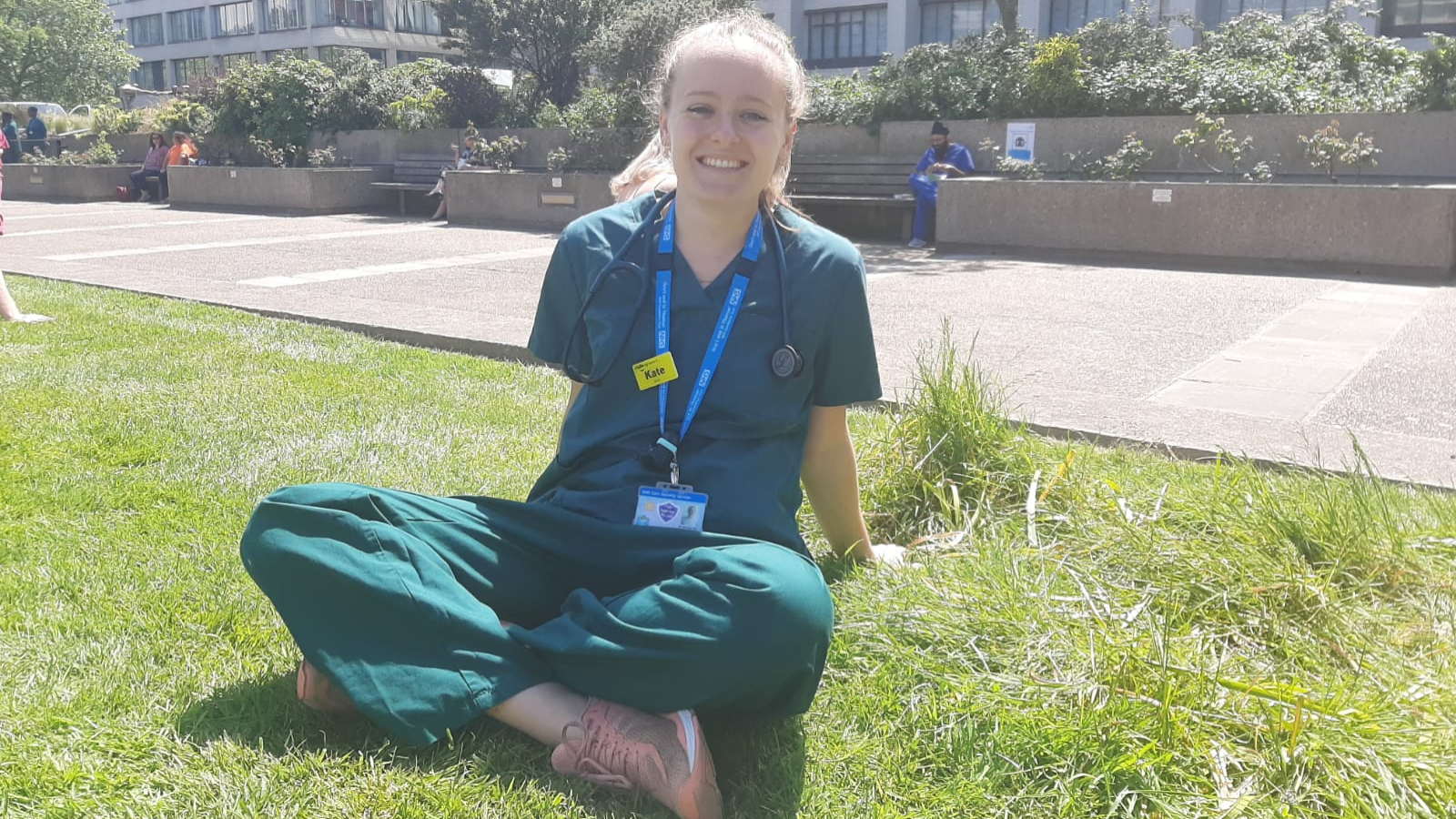
Dr Kate Jayne-Coupe
Tideway Scullers School rower Kate Jayne-Coupe was a final-year medical student at King’s College London this year, expecting to start work at a hospital in August after a couple months’ break spent racing at summer regattas. That was until Covid-19 struck.
Instead, Kate’s year were told that the hospitals might need some extra hands to combat the outbreak. They were graduated early from university and provisionally registered with the General Medical Council to start work as doctors. Volunteering to help, she was given a position with the ‘proning’ team on the frontline at Guy’s and St Thomas’.
Kate talks about her hospital work below.
“The proning team were working shifts in Covid Intensive Care Units (ICU), where we would go in and turn intubated patients over onto their front to help with their oxygenation. We were also helping the nursing staff with repositioning patients to help prevent pressure sores.
Working 12-hour shifts was really tiring. The personal protection equipment (PPE) is really hot, and we were getting really sweaty moving patients around in the intensive care wards which were also really warm. We took rehydration sachets into work to replenish some of the electrolytes we lost sweating in the heat – we usually used them for rowing training!
But the hardest part was seeing how unwell the patients were – and that they had no family with them. Some of them had pictures of family at the bedside which was difficult to see.
We’d also end up regularly proning and de-proning the same patients, and then one day they wouldn’t be on our list anymore. You’d hope it would be because they were no longer in intensive care because they’d recovered, but often it was because they had passed away.
Unfortunately, the time spent on Covid-wards meant seeing some patients who were there because they’re weren’t appropriate for escalation to intensive care. You would see them getting worse every day, and you’d know that besides keeping them comfortable, there wouldn’t be much else that could be done for them. We would get to know them, but eventually they would pass away.
The hardest part was seeing how unwell the patients were – and that they had no family with them
Now I’m working on the medical admissions ward we see a huge variety of patients, most of whom we discharge and don’t need to admit them to the wards. We can often do something simple such as adjust their medication and send them home feeling much better than when they came in. I love being able to see a patient who we can help and send home!
I’ve had a lot more challenges with getting to grips with a new job, and rotating around Covid wards, general medical (non Covid) wards and the acute admissions ward.
I found it really hard at first because the shifts were so tiring and I just wanted to come home, eat, and go to bed. The shift patterns were irregular as well, so I never felt as though I was in a routine.
I love being able to see a patient who we can help and send home!
At Tideway Scullers School we had a great routine where we did the same kind of sessions on the same days of the week, so every Thursday was a hard erg, and every Monday was strength and conditioning etc, so you always knew roughly what to expect.
Because of my shifts, I would have to swap all my week’s sessions around which meant that I couldn’t do the sessions on the group Zoom and would have to struggle through them on my own. But now I have the routine of a more regular job it’s much easier. In general medicine, we typically work from 8am-5pm on weekdays, and occasionally at weekends. It leaves me more time in the evenings to train!
Our coach Kieran Clark [Lead Coach, Tideway Scullers School] has organised a great plan for us; he’s kept in touch and listened to what we think we need to keep enjoying it and keep motivated.
A lot of us felt demotivated because we didn’t have an end goal. So now we do regular tests, such as a 5km run or a 30 minutes max metres on a rowing machine, bike or as a run, so it’s flexible and you can test your progress and see how you’re doing against the rest of the squad.
Rowing gives me something to look forward to outside of work
Another good thing to come from this is being able to try new things: we’ve been doing twice-weekly Pilates sessions with an instructor which everyone has really enjoyed – and this is something we’re all hoping continues after lockdown.
Overall, I’ve had so much support from friends at work, and rowing still feels like such a supportive encouraging environment. I’ve had a lot of life changes all at once, but I think I’m really lucky to have a job that I enjoy and one that gets me out of the house.
Rowing gives me something to look forward to outside of work and I’m really excited about getting back to it as soon as this is over!”


